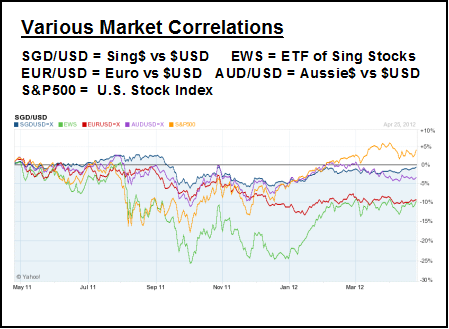5.2% of private home buyers cancel their options in June, i.e. 105 of 2000 units sold.
5.7% of buyers returned their properties in May or 150 of 2,600 units soldThe monthly return rates have stayed below 6% since 2009 with some aberrations.
In January, the returns hit 9% due to property cooling measures introduced by the government.
Buyers who do not exercise their option lose 1.25% of the property price.
Some purchasers buy based on impulse and this is often attributed to the hype created by the show flats.
Projects with the most returned units in June include Twin Waterfalls (EC), Seahill, The Tampines Trilliant (EC), Sky Habitat, D’Leedon and The Rainforest (EC). 105 buyers say ‘no thanks’ to private homes Offer Singapore:
'via Blog this'
